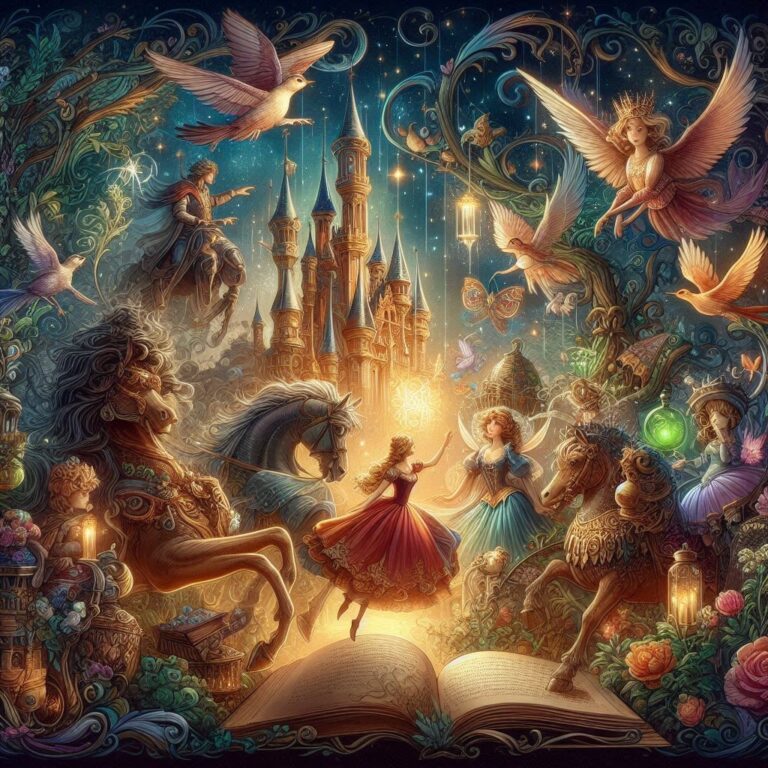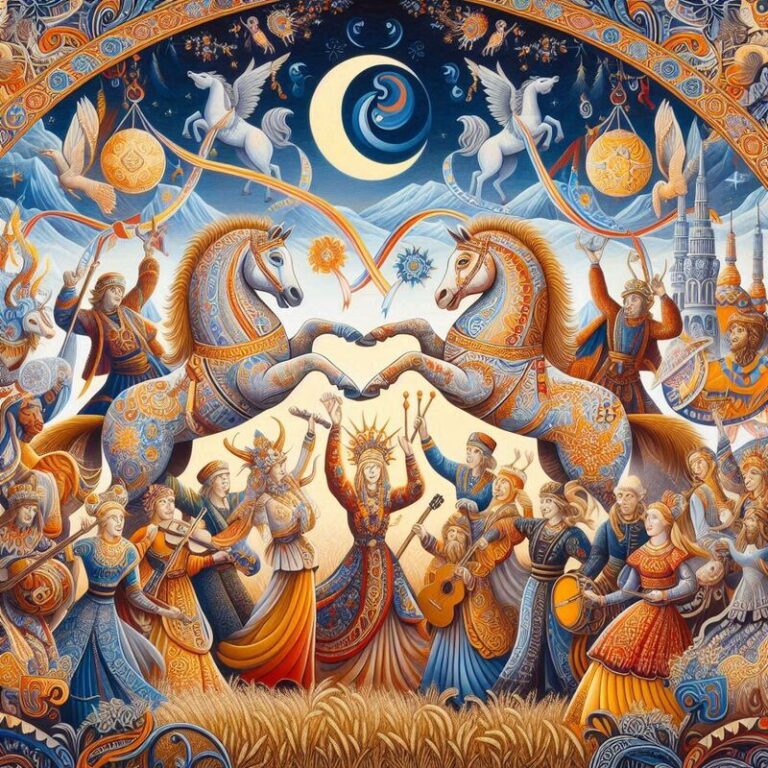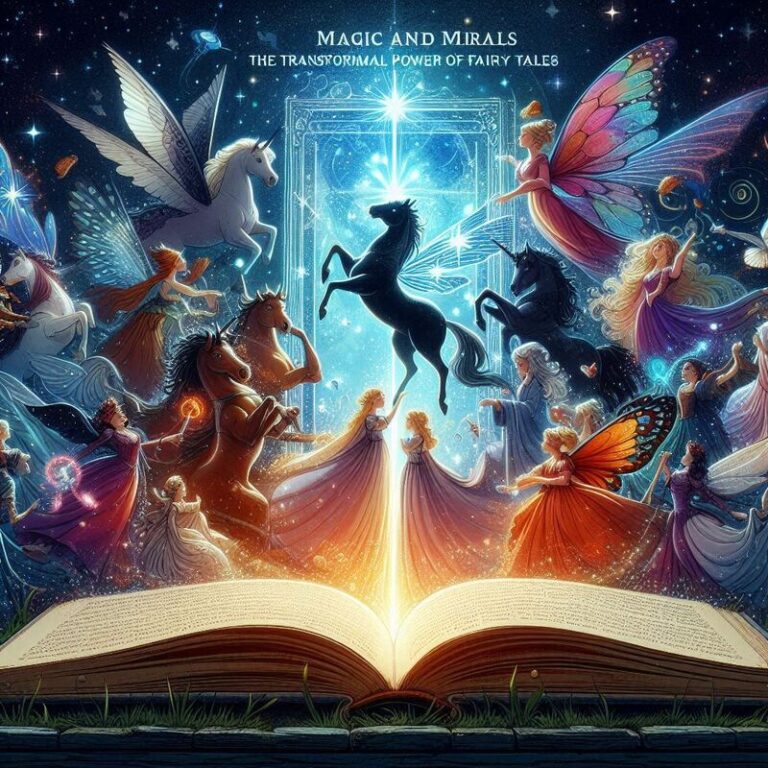The Power of Folklore
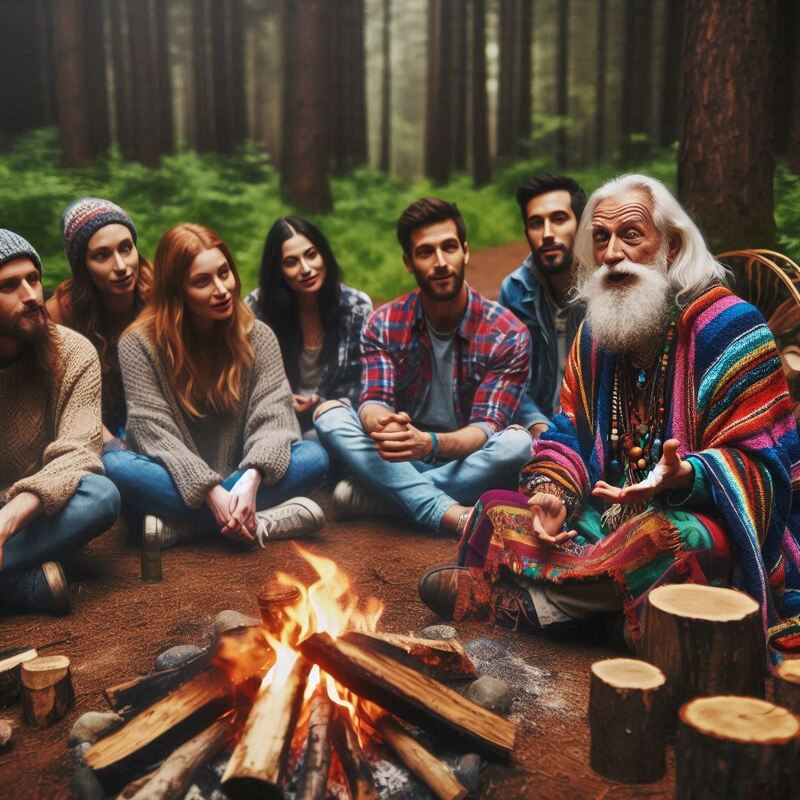
The Power of Folklore
Stories That Shape Us: The Power of Folklore
Folklore, woven into the very fabric of human culture, serves as a profound testament to our collective imagination, beliefs, and values. Through myths, legends, fairy tales, and oral traditions passed down through generations, folklore has played a pivotal role in shaping identities, transmitting knowledge, and fostering a sense of community. This article explores the enduring power of folklore, examining its cultural significance, psychological impact, and transformative influence on societies worldwide.
The Cultural Significance of Folklore
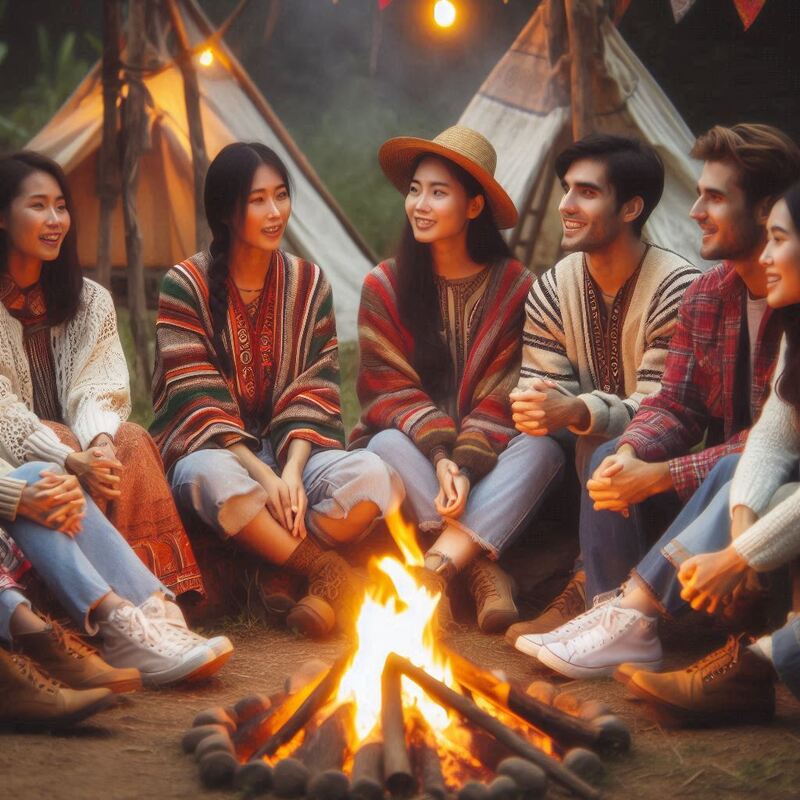
The Power of Folklore
Folklore encompasses a diverse array of narratives and traditions that reflect the beliefs, customs, and histories of different cultures. From ancient mythologies to modern urban legends, folklore serves as a repository of cultural heritage, offering insights into societal norms, spiritual beliefs, and historical events.
Mythologies and Creation Stories
Mythologies, such as those found in Greek, Norse, and Egyptian cultures, provide explanations for the origins of the world, natural phenomena, and the roles of gods and heroes in shaping human destiny. These narratives not only entertain but also educate, conveying moral lessons and ethical principles that guide individual conduct and community cohesion.
Fairy Tales and Moral Lessons
Fairy tales, originating from European folklore and popularized by storytellers like the Brothers Grimm and Hans Christian Andersen, offer timeless moral lessons through enchanting narratives of heroes, heroines, and magical creatures. Stories like “Cinderella,” “Little Red Riding Hood,” and “The Ugly Duckling” teach virtues such as kindness, courage, and perseverance, resonating with audiences of all ages and cultures.
The Psychological Impact of Folklore
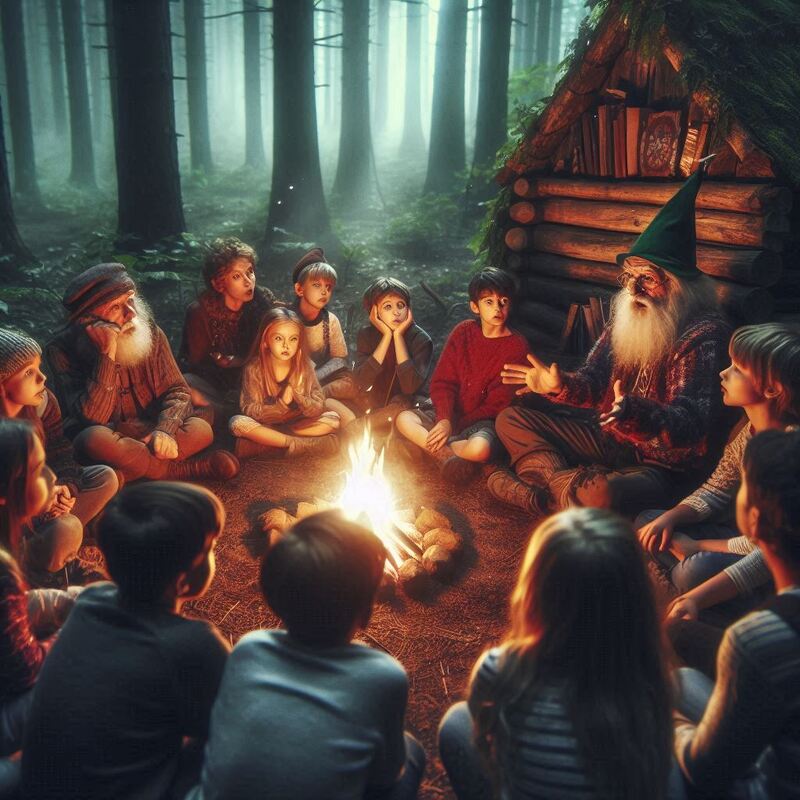
The Power of Folklore
Folklore exerts a profound psychological influence by shaping perceptions, attitudes, and behaviors through storytelling, symbolism, and cultural archetypes. These narratives provide individuals with frameworks for understanding the world, processing emotions, and navigating life’s challenges.
Archetypes and Collective Unconscious
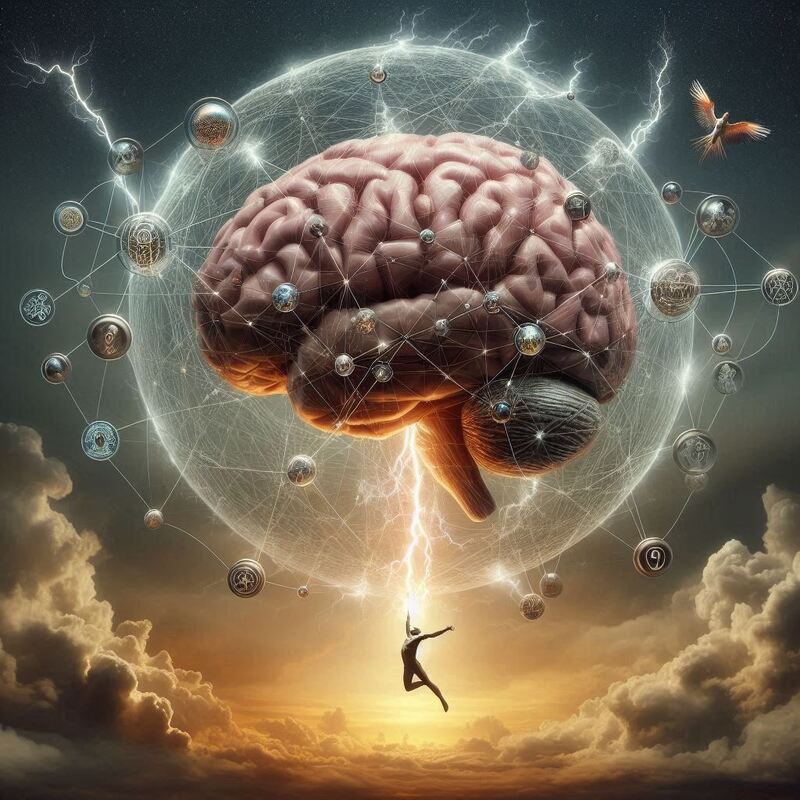
Psychologist Carl Jung proposed the concept of archetypes—universal symbols and motifs found in myths and folklore—as innate elements of the human psyche. Archetypes, such as the hero, the trickster, and the wise elder, resonate across cultures, reflecting shared human experiences and aspirations. By embodying archetypal roles in stories, individuals connect with deeper aspects of their own identity and collective consciousness.
Rituals and Ceremonies
The Power of Folklore
Folklore encompasses rituals and ceremonies that mark significant life events, seasonal changes, and communal celebrations. These rituals, often rooted in ancient traditions and symbolic actions, reinforce social bonds, transmit cultural values, and provide a sense of continuity amidst change. Examples include harvest festivals, coming-of-age ceremonies, and religious rites that honor ancestors and invoke blessings for the community.
Transformative Influence on Societies
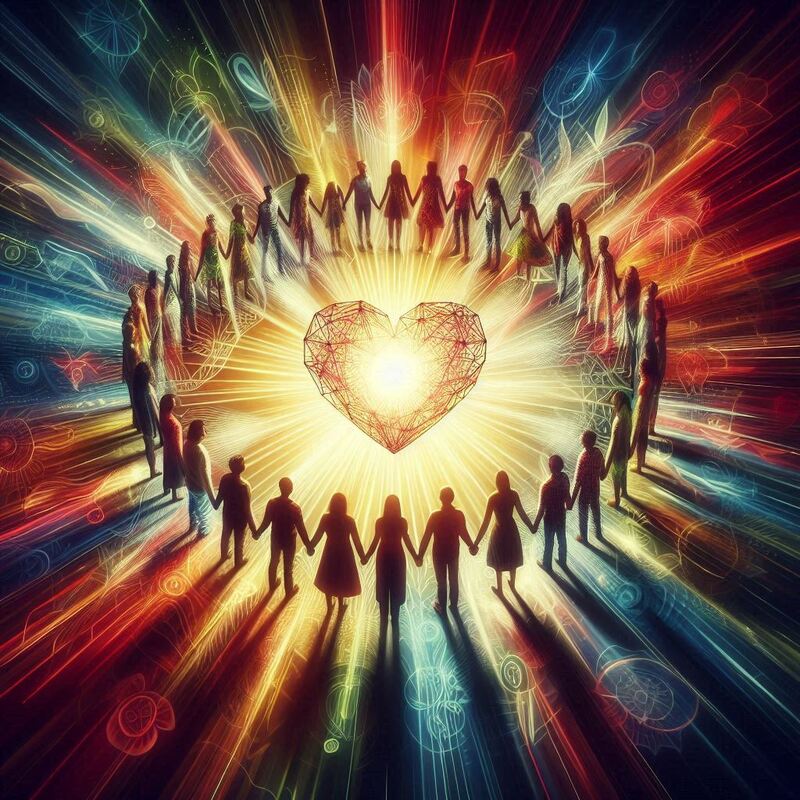
Folklore has a transformative influence on societies by promoting cultural resilience, fostering social cohesion, and inspiring creative expressions. Through adaptive storytelling, reinterpretation, and revitalization, folklore continues to evolve while preserving its core values and narratives.
Cultural Resilience and Identity
The Power of Folklore
In times of social upheaval or cultural assimilation, folklore serves as a source of cultural resilience, preserving languages, traditions, and collective memories. Indigenous communities, for example, use oral traditions to safeguard ancestral knowledge and resist cultural erasure, asserting their identities amidst external pressures.
Adaptation in Contemporary Culture
Folklore adapts to contemporary contexts through literature, art, music, and popular culture, bridging traditional narratives with modern interpretations. Writers, filmmakers, and artists draw inspiration from folklore’s themes, characters, and symbolism to explore universal themes of love, loss, and redemption. Contemporary adaptations, such as fantasy novels, animated films, and digital storytelling platforms, breathe new life into ancient tales while engaging global audiences.
Preserving and Promoting Folklore
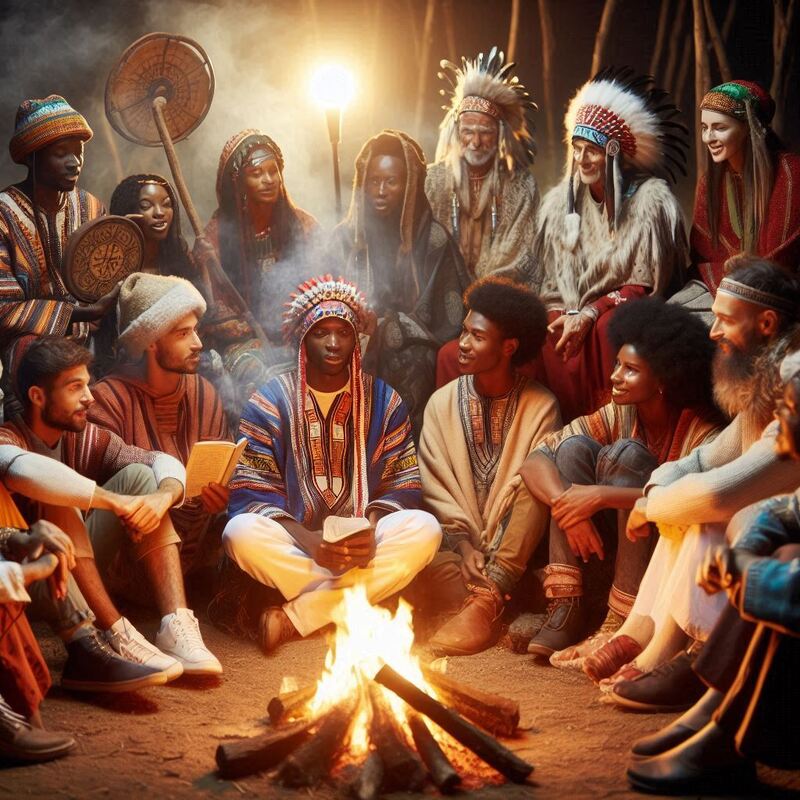
The Power of Folklore
Preserving folklore involves efforts to document oral traditions, safeguard cultural heritage, and promote intergenerational transmission. Initiatives in education, cultural preservation, and digital archives play crucial roles in ensuring the continuity and accessibility of folklore for future generations.
UNESCO and Intangible Cultural Heritage
The United Nations Educational, Scientific and Cultural Organization (UNESCO) recognizes the importance of safeguarding intangible cultural heritage, including folklore, through international conventions and initiatives. UNESCO’s Intangible Cultural Heritage lists highlight traditions, rituals, and storytelling practices that contribute to cultural diversity and global understanding.
Community Engagement and Education
The Power of Folklore
Community engagement fosters active participation in preserving and promoting folklore through storytelling workshops, cultural festivals, and heritage tourism. Educational programs in schools and universities integrate folklore into curricula, fostering appreciation for cultural diversity and encouraging critical thinking about historical narratives and societal values.
Conclusion: Embracing the Legacy of Folklore
Folklore’s enduring legacy transcends borders, languages, and generations, enriching human experience through stories that inspire, educate, and unite. By celebrating folklore’s cultural significance, psychological impact, and transformative influence on societies, we acknowledge its role in shaping identities, preserving heritage, and fostering resilience amidst change. As guardians of folklore, we have a responsibility to honor and preserve these narratives, ensuring that their wisdom and wonder continue to shape our collective journey through time.
